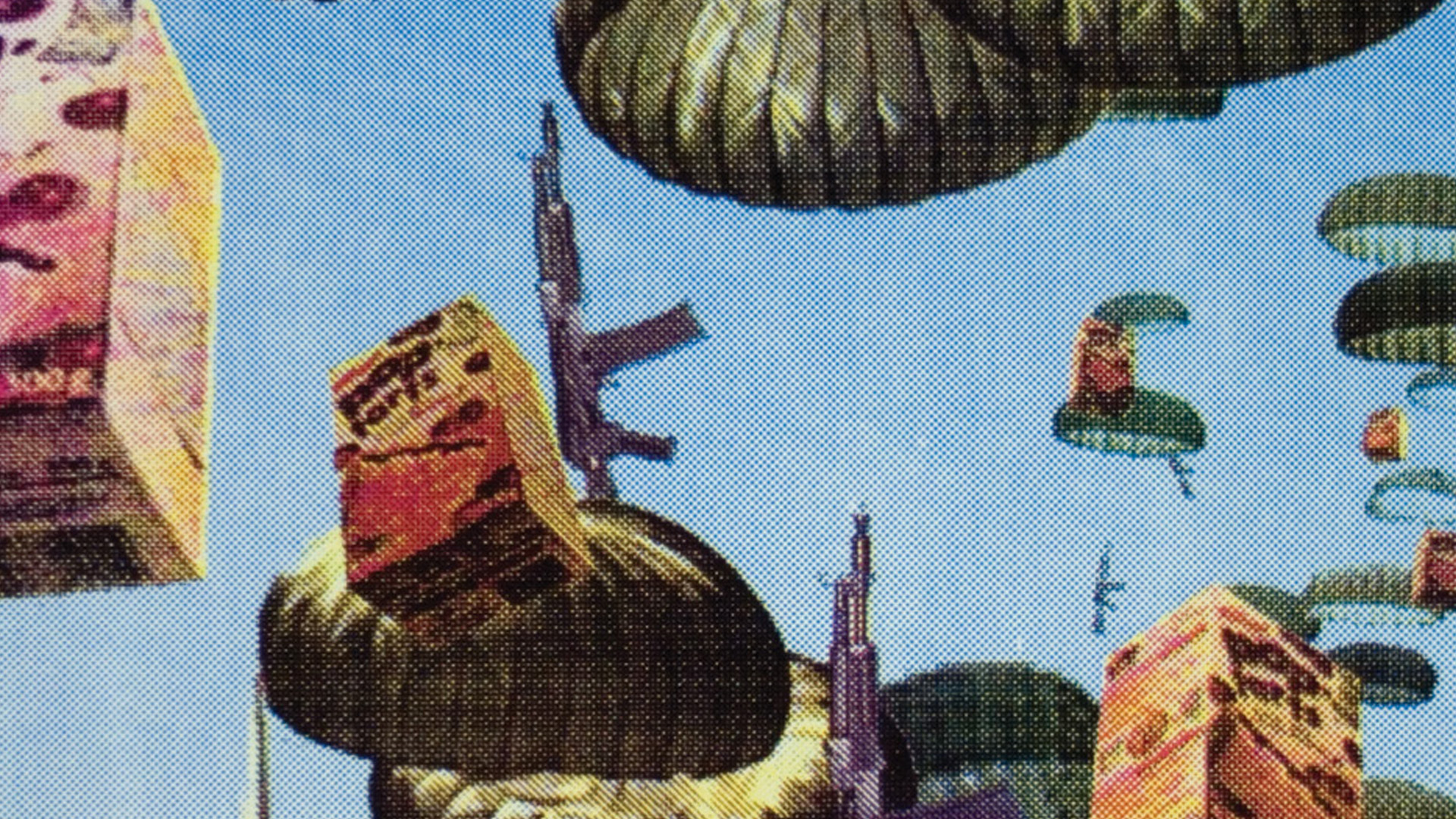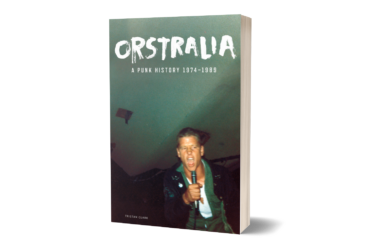Interview with Josh MacPhee
ZNet
Can you tell ZNet, please, what Paper Politics is about? What is it trying to communicate?
Paper Politics: Socially Engaged Printmaking Today is a collection of 200 political prints from 200 international artists.
In addition it contains writing by fifteen of the artists, whose work is in the book, about the complex and contradictory nature of printmaking by hand in a digital world of unfettered capitalism and commodification.
It is the only large and diverse survey of the contemporary political print available. Paper Politics is both a sharing and celebration of politically-engaged artwork, and the beginnings of a look under the hood, an excavation of the labor and ideas that happen beneath the surface of an image.
Can you tell ZNet something about writing the book? Where does the content come from? What went into making the book what it is?
Paper Politics is the culmination of ten years of Do-It-Yourself organizing of an accompanying exhibition of prints.
Begun in 2004, the exhibition has always been a community building activity, both in terms of artists (starting with a couple dozen and quickly expanding to over 200), and audience, which has been growing with each exhibition and now the publication.
So, lots of years, organizing work, and printing has gone into it, lots of ink pushed through screens and rolled onto woodblocks.
What are your hopes for the book? What do you hope it will contribute or achieve politically? Given the effort and aspirations you have for the book, what will you deem to be a success? What would leave you happy about the whole undertaking? What would leave you wondering if it was worth all the time and effort?
Art and culture are always tricky things.
While they have existed as the backbone of many social struggles throughout history, when you actually try to quantify their effects, they often slip through your hands.
I hope Paper Politics further convinces both artists/designers and political-engaged people that the space where these two worlds overlap is not a marginal one, but central to how we understand and interpret our world.
It is a space largely abandoned by the left, and is filled by advertisers and reality tv shows.
Success to me is further engagement in this space of art and politics.
The engagement might be awkward at first, we need to walk before we can run, but I believe long term consistent engagement could lead to the creation of a wider culture that encourages all of us to think deeper about our social conditions and act smarter on how to change them.
For excerpts from the book, click here






